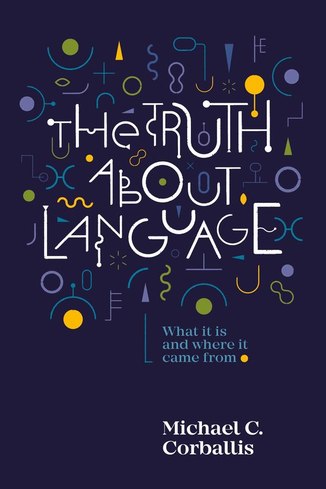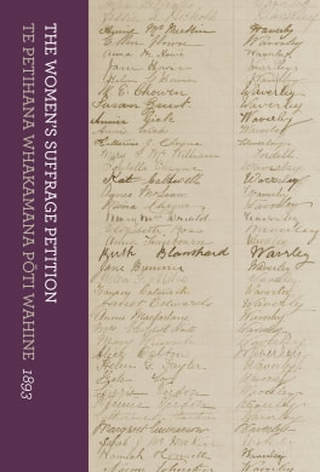
by Michael C. Corballis
“Without language there would be no stories, no religion, no science, no history…. Strangely, though, we seem to take language for granted, a gift bestowed on us for the privilege of being human.”
By choosing the title, The Truth About Language, the author sets himself a huge challenge, but one he meets with distinction. His very broad discussion of the subject – the evolution of language, prerequisites needed for its development, and its construction – goes far beyond mechanics such as structure, characteristics, uses, spread, similarities and differences. Michael Corballis, Professor Emeritus of Psychology at the University of Auckland considers aspects associated with a range of academic disciplines beyond his own – anthropology, history, philosophy, religion, science, and more.
Though the 20 pages of bibliography show evidence of extensive background research, this is more than a mere reworking of others’ ideas and findings. The author takes on thinkers as eminent as Darwin and Chomsky as well as other masters of language, philosophy and psychology.
There is much throughout the whole text to inform and fascinate a range of readers. Others, as I was, will be interested in the author’s insights into such topics as language and natural selection; thinking without language, mental travel; precursors to language – gestures, signing, pointing – leading to the thought that “Speech is facial gesture, half-swallowed.”
Along the way some light is shed on animal behaviour – such as maze navigation by rats, communication by chimpanzees, graphic recognition by pigeons, apparent thought by other birds, and specific word recognition by dogs.
Several words have been added to my vocabulary, even though I have worked with words for decades.
For this reason also, I was especially interested in the chapter “Stories”, that confirms my own views on the value of fiction, about which Corballis says –
"Fiction is in essence a simulation of the social world, in which the characters have minds with which the reader or watcher can identify. Immersed in fiction, you mentally enter the social world created by the novelist or playwright, just as in real life you enter the social lives of the people around you….it enhances empathy and theory of mind, making us better able to understand others."
The work is a highly intelligent and intelligible result of a lifetime’s scholarship and thought. What might in other hands become a heavy read is made accessible by Corballis due to his easy, often conversational, tone interspersed with anecdotes and personal observation to assist readers to grasp his points. There is no doubt that the author is a skilled communicator.
For the reader’s part, The Truth About Language is well worth study as part of one’s search for the intellectual key to the social life of humankind.
As well as the extensive bibliography, the volume includes 27 pages of notes and a full index.
Author: Michael C. Corballis
Publisher: Auckland University Press
ISBN: 9781869408633
RRP: $39.99
Available: Bookshops





 RSS Feed
RSS Feed
